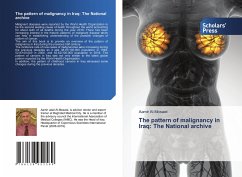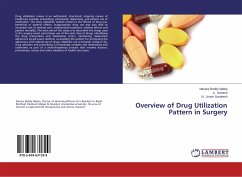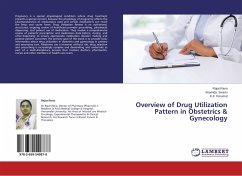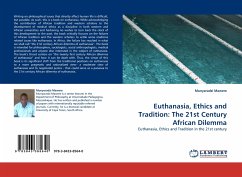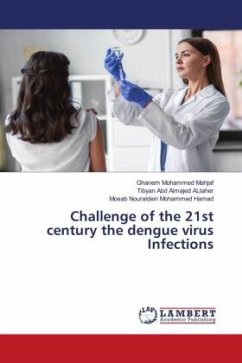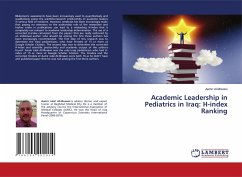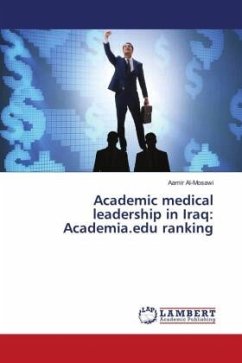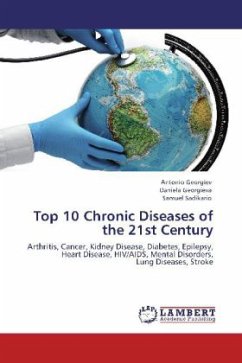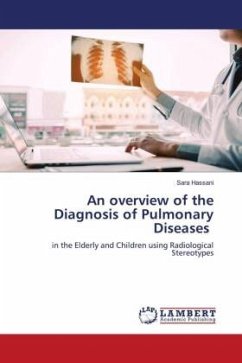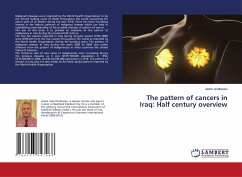
The pattern of cancers in Iraq: Half century overview
Versandkostenfrei!
Versandfertig in 6-10 Tagen
27,99 €
inkl. MwSt.

PAYBACK Punkte
14 °P sammeln!
Malignant diseases were reported by the World Health Organization to be the second leading cause of death throughout the world accounting for about sixth of all deaths during the year 2018. There has been increasing interest in the historic patterns of malignant disease which can help in establishing understanding of the possible changes of pattern of cancer.The aim of this book is to provide an overview of the pattern of malignancy in Iraq during the previous half century.The top five cancers reported in Iraq during ten-year period (1976-1985) were different from the top cancers throughout th...
Malignant diseases were reported by the World Health Organization to be the second leading cause of death throughout the world accounting for about sixth of all deaths during the year 2018. There has been increasing interest in the historic patterns of malignant disease which can help in establishing understanding of the possible changes of pattern of cancer.The aim of this book is to provide an overview of the pattern of malignancy in Iraq during the previous half century.The top five cancers reported in Iraq during ten-year period (1976-1985) were different from the top cancers throughout the world as reported by the World Health Organization during the previous years. The pattern of malignant disease in Iraq during the years 2000 to 2004 was rather different from the pattern of malignancies in other countries like United States of America.The incidence rate of new cases of malignancies were increasing during the previous decades as it was 38.91/100,000 population in 1994, 52.8100,000 in 2006, and 82.62/100,000 population in 2018. The pattern of cancers in Iraq was not very similar to the latest global pattern reported by the World Health Organization.



